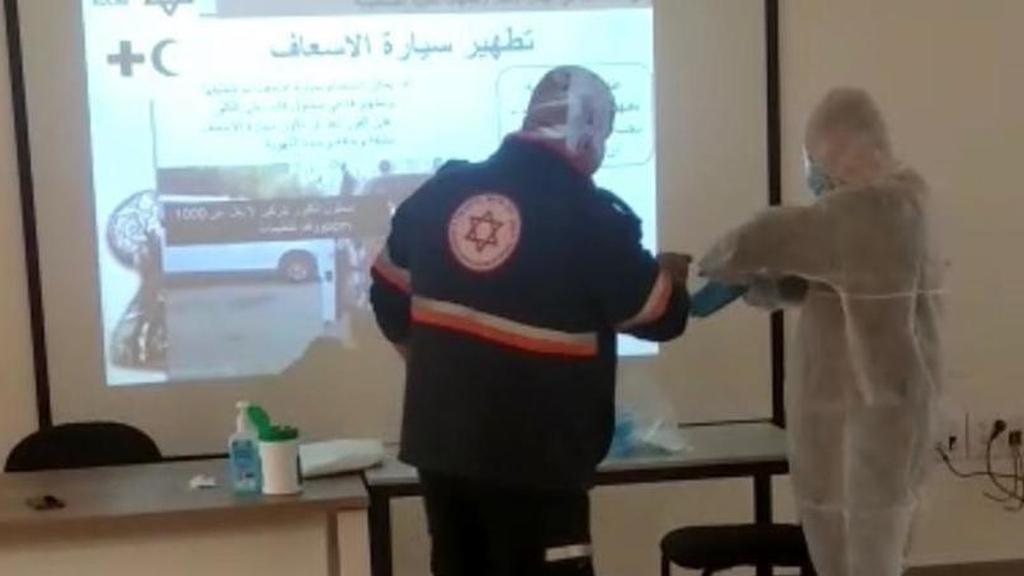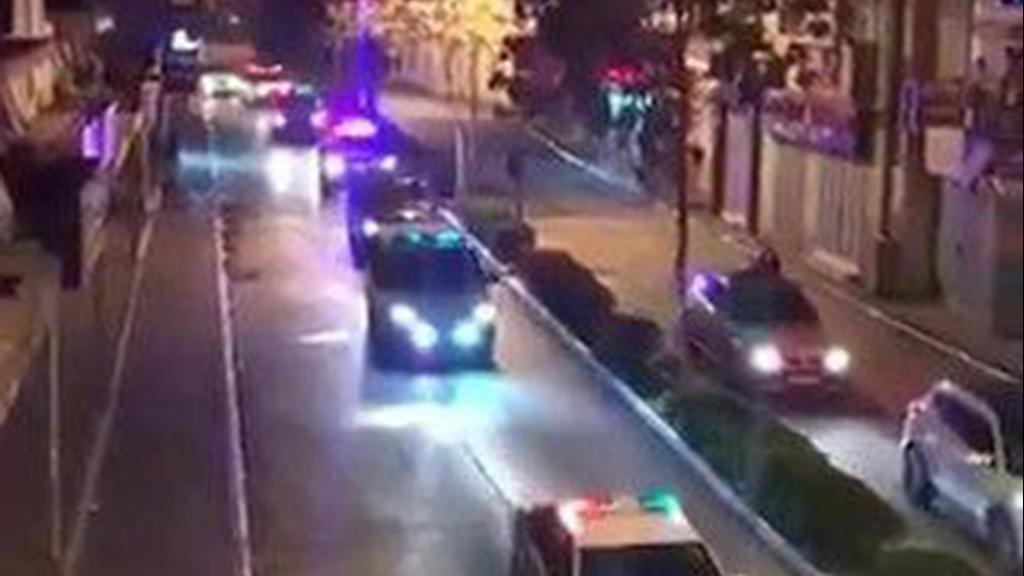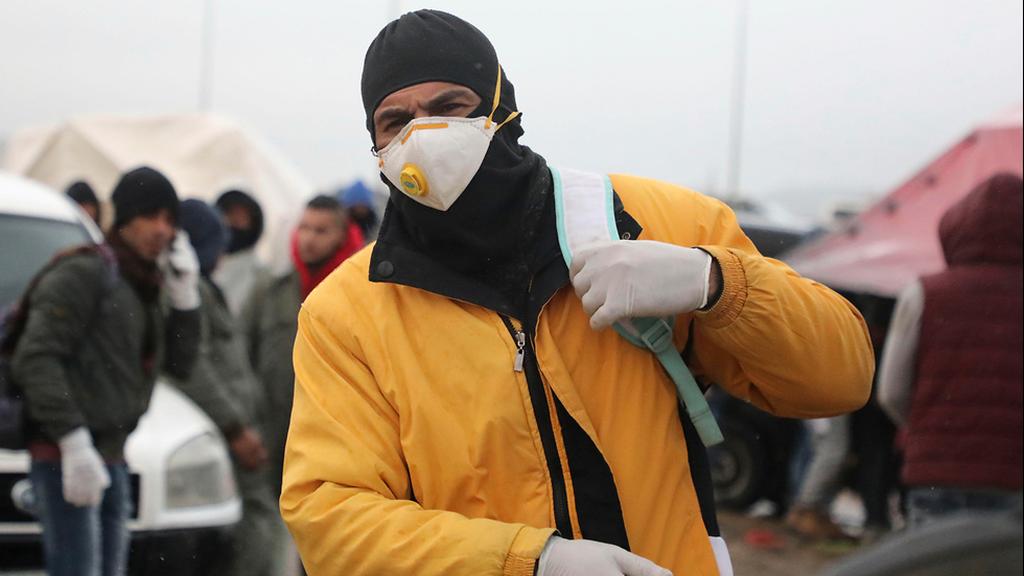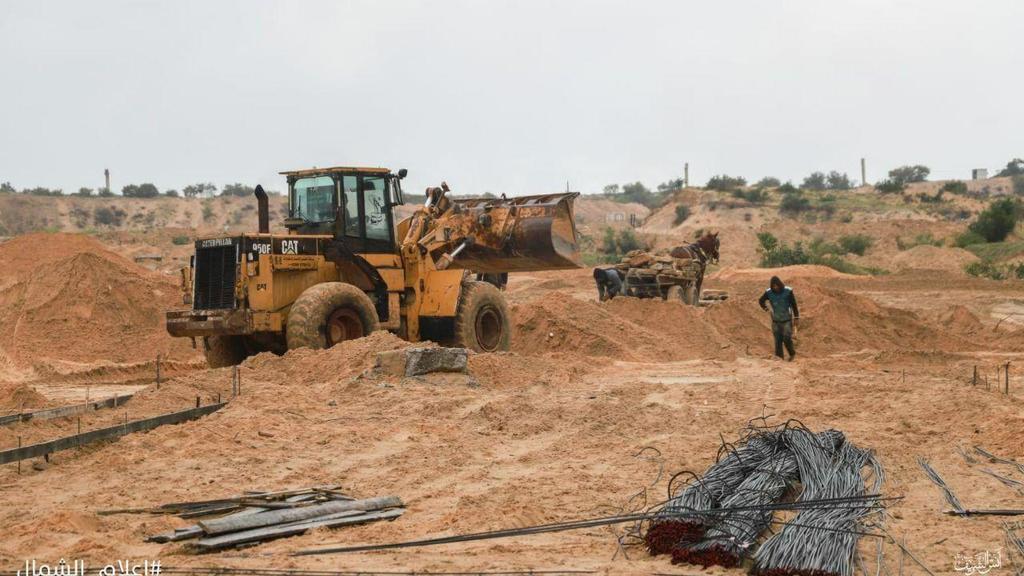Getting your Trinity Audio player ready...
A sizable part of the emergency economic measures initiated by Israel in light of the coronavirus crisis is mainly focused on the Palestinians.
The Palestinian Authority has so far reported on at least 43 confirmed coronavirus cases.
There are some 40 cases in Bethlehem, which has become the epicenter of the disease in the PA, 2 in Tulkarm and one each in Jericho and Ramallah. A two-year-old toddler from Bethlehem who was infected with the disease has been confirmed as cured.
Overnight Wednesday, Palestinian security vehicles with speakers drove through the locked down Bethlehem, urging citizens to remain at home in light of the new directives.
Israeli officials understand that in an extreme scenario of shortages of food and medicines, with Air Force planes possibly dispatched to bring in resources from abroad, some of these deliveries will be designated to the Palestinians.
"Our efforts against this virus stem not merely from a legal duty, but from a humanitarian and moral one, with an understanding that this pathogen does not care about national borders," said Col. Sharon Biton, head of civilian affairs at the Coordinator of Government Activities in the Territories.
"In many ways, the West Bank region is far more complicated given the proximity and dual infrastructure use of both Palestinians and Israeli settlers – which results in a unified treatment for the whole region."
4 View gallery


Israeli medics offer teleconference training to their Palestinian counterparts in dealing with coronavirus
Much of the discussions between Israeli officials, international organizations and the Palestinian Authority focus around the lack of medical supplies for the Palestinians.
There are only between 70-80 respirators in both the West Bank and the Gaza Strip, a lack of equipment that would lead to nothing short of a catastrophe in the event of a mass outbreak.
Hamas has realized that its catastrophic medial system - with its severe drug shortages - would aggravate any confirmed cases, and has through international channels requested 2-3 of tons of alcohol gel, also known as hand sanitizer.
The group understands that the spread of the virus in its territory could lead to a particularly high number of dead in light of the high mortality rates among at-risk populations. Therefore, it too is reliant on Israel's assistance.
As of now, there is only one testing kit in one lab in Gaza responsible for the enclave's 1.8 million residents.
International attention on the Palestinians has been rather reduced lately due to the coronavirus, but Qatar has announced a donation of $10 million and the World Bank is making a similar donation of $8 million to the Palestinian Authority and Gaza.
At the request of Israel, UN Deputy Special Coordinator for the Middle East Peace Process Jamie McGoldrick has organized all aid requests for the Palestinians.
4 View gallery


Palestinian security forces urge local residents in Bethlehem to stay home amid the coronavirus outbreak
The United Nations has also initiated a 90-day, $6.5 million plan to help the Palestinians against the coronavirus, with an emphasis on testing and medical equipment.
In Gaza, there are now about 2,000 people in isolation due to potential exposure to coronavirus, with Hamas building several quarantine centers outside its main cities.
The Palestinian Authority has done the same, allocating public buildings and hotels as quarantine centers, with as of now some 1,500 hospital beds free for use.



